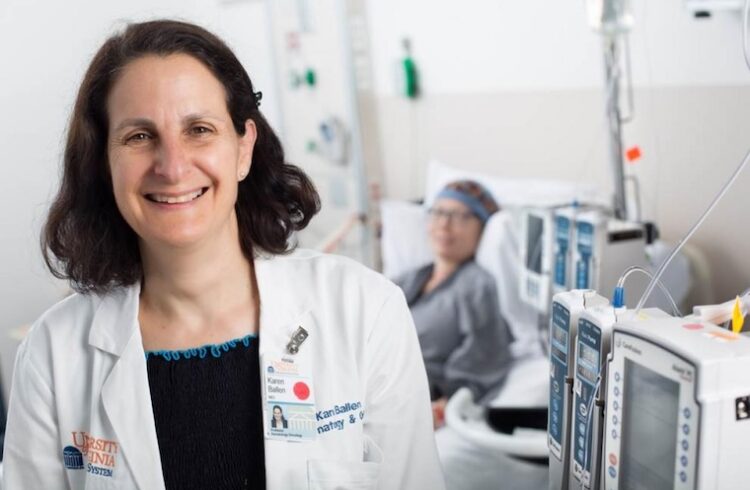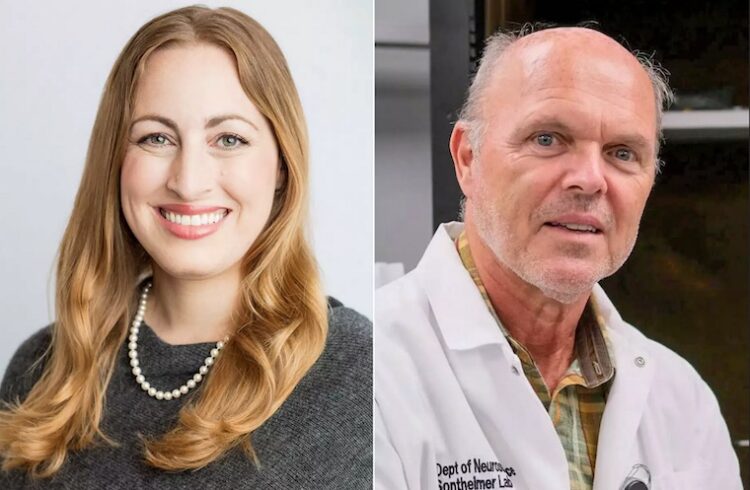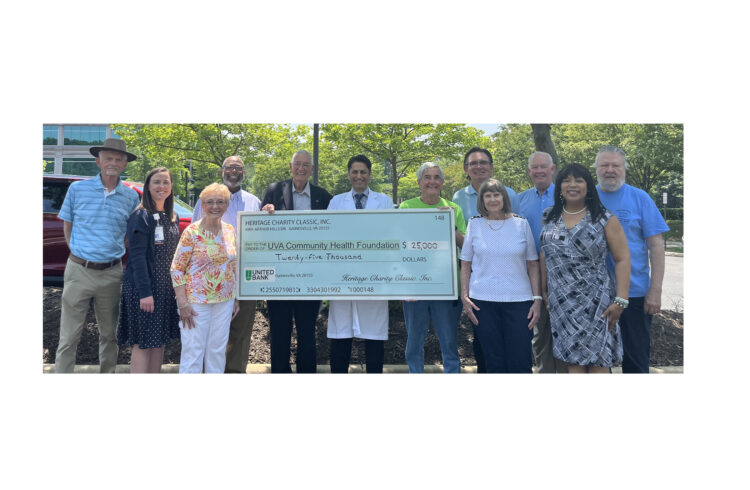
Mothers who bedshare – sleep in the same bed with their infants – tend to breastfeed longer, new research suggests. The findings explore and quantify the relationship between breastfeeding and bedsharing, a much-debated practice associated with an increased risk of sudden infant death.
“Many experts, including the American Academy of Pediatrics, recommend not to bedshare, because bedsharing can increase the risk of SIDS [sudden infant death syndrome] and suffocation deaths,” said researcher and family physician Fern R. Hauck, MD, of the University of Virginia School of Medicine. “On the other hand, breastfeeding reduces the risk of SIDS, and this research has suggested that there is a positive association between bedsharing and longer breastfeeding. So you’ve got this tension for women who want to bedshare because they feel it helps them to breastfeed more easily, to keep an eye on their baby, and to bond. All these are reasons people have for bedsharing.”
Even some physicians, Hauck noted, are conflicted on what to advise. So the researchers set out to find hard facts that would shed light on the debate.
Bedsharing and breastfeeding
The researchers examined data collected from more than 1,800 U.S. women who began breastfeeding within two weeks of giving birth. Unlike many previous studies on breastfeeding, this study looked specifically at whether mothers slept in the same bed as their infant and whether doing so increased breastfeeding duration.
”Our study provides strong evidence that bedsharing promotes breastfeeding by increasing breastfeeding duration using survival analysis, with the greatest effect found among frequent bedsharers,” said Yi Huang, PhD, a biostatistician at the University of Maryland, Baltimore County. She noted that this is “one of the very few nationwide studies with a high response rate for extensive postnatal measurements on this issue and a sample large enough that under-represented demographic categories have enough subjects to be included in analyses.”
Effects of bedsharing
In an article outlining their findings, the researchers write that mothers who frequently shared a bed with their infants were “much more likely” to breastfeed longer than those who shared a bed infrequently or not at all. This effect was less pronounced among mothers who relied exclusively on breastfeeding than among those who used other food sources as well.
The researchers noted that bedsharing, also commonly called cosleeping , was just one variable that influenced breastfeeding. Other factors included the mother’s age, education, socioeconomic status, ethnicity and prior breastfeeding experience.
Benefits of breastfeeding
Physicians want to encourage breastfeeding because it offers many benefits, Hauck noted, including providing the infant with a stronger immune system and reducing the risk of asthma and allergies later in life. “There’s been a big push nationally to promote breastfeeding among all new mothers for all infants, and promoting exclusive breast feeding for the first six months of life,” she said.
So what then does Hauck, a member of the American Academy of Pediatrics’ Task Force on SIDS, advise mothers and health care providers to take from the new findings? “We recommend bringing babies into the bed to breastfeed, but you want to do that only while you’re awake,” she said. “The goal is to return the baby [after breastfeeding] to their own sleep location to keep them safe.”
Publication of findings
The findings have been published online by JAMA Pediatrics . The paper was authored by Huang, of the Department of Mathematics and Statistics at UMBC; Hauck, of UVA’s Departments of Family Medicine and Public Health Sciences; Caroline Signore, MD, MPH, of the National Institutes of Health’s Eunice Kennedy Shriver National Institute of Child Health and Human Development; Airong Yu, MS, of the Johns Hopkins Medical Institutions; Tonse N.K. Raju, MD, DCH, of the National Institute of Child Health and Human Development; Terry T.-K. Huang, PhD, MPH, CPH, of the University of Nebraska Medical Center; and Sara B. Fein, PhD, of the Food and Drug Administration Center for Food Safety and Applied Nutrition.



